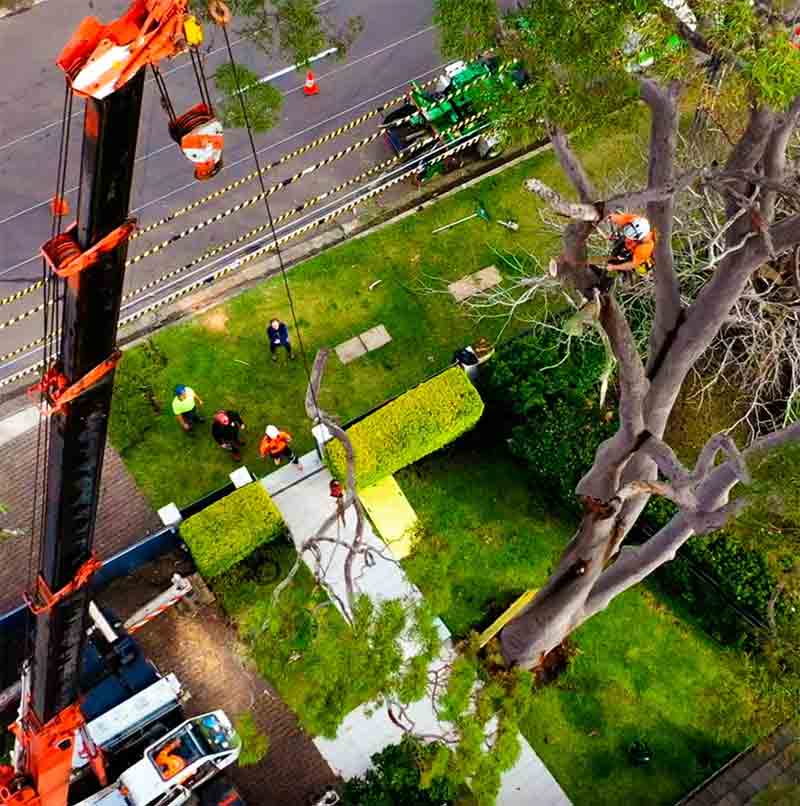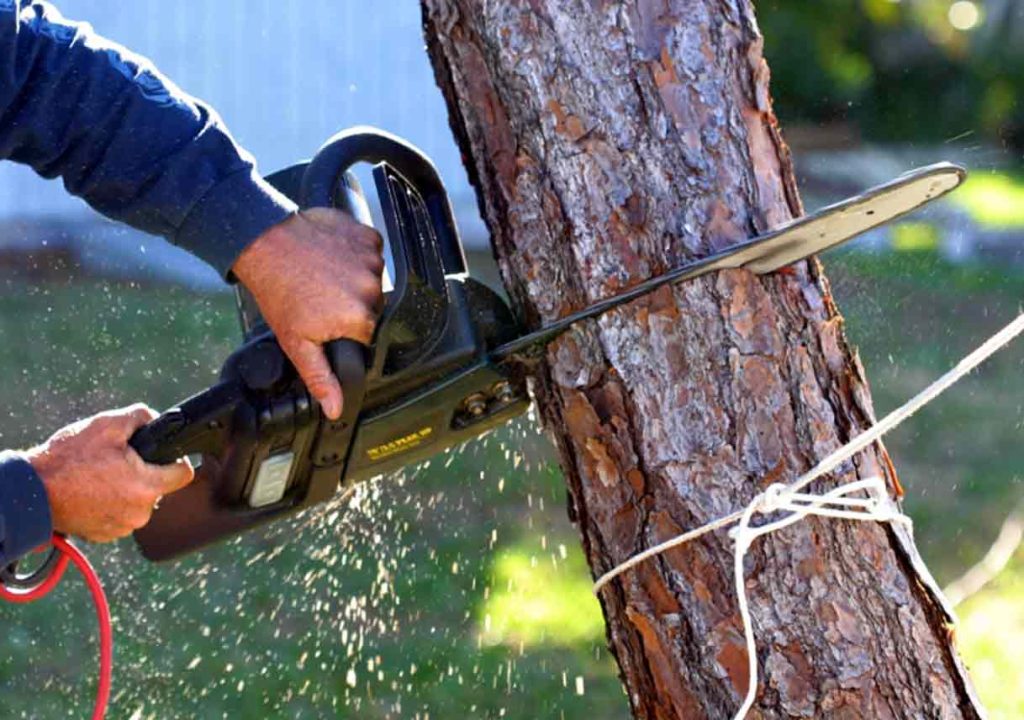All Categories
Featured
The elimination of trees can create open spaces that are susceptible to weed invasion. When trees exist, their dense canopies typically color the ground, limiting the amount of sunshine that gets to the soil. Nevertheless, after the removal of trees, these open locations get raised sunshine, offering perfect problems for weed development.

They may recommend the usage of compost, which acts as a safety barrier on the soil surface, avoiding weed seeds from sprouting and suppressing weed development.

The presence of trees promotes an abundant and varied community of soil germs. Tree origins give a resource of raw material, exudates, and nutrients that support the development and activity of helpful dirt bacteria. When trees are gotten rid of, the absence of their roots can disrupt the delicate equilibrium of the dirt's microbial ecosystem.
What Is The Average Cost Of Tree Loppers Wollongong Services?
To address the results of tree reducing on soil pH, tree removal professionals can give important advice. Based on the results, specialists can suggest pH change approaches, such as including lime to elevate dirt pH or incorporating essential sulfur to reduce it.

It refers to the compression of dirt particles, causing decreased pore area and enhanced soil density. This compaction can negatively affect the soil's capacity to operate ideally, affecting its water-holding ability, vitamins and mineral schedule, and root infiltration. Correct strategies employed by tree elimination experts can help reduce compaction and maintain the soil's ability to maintain water, and allow for sufficient airflow and mindful devices handling.
Latest Posts
What Is The Best Stump Removal Wollongong Company?
How Much Does Wollongong Council Tree Removal Service Cost?
How Much Should I Pay For Tree Removal Wollongong Area Services?